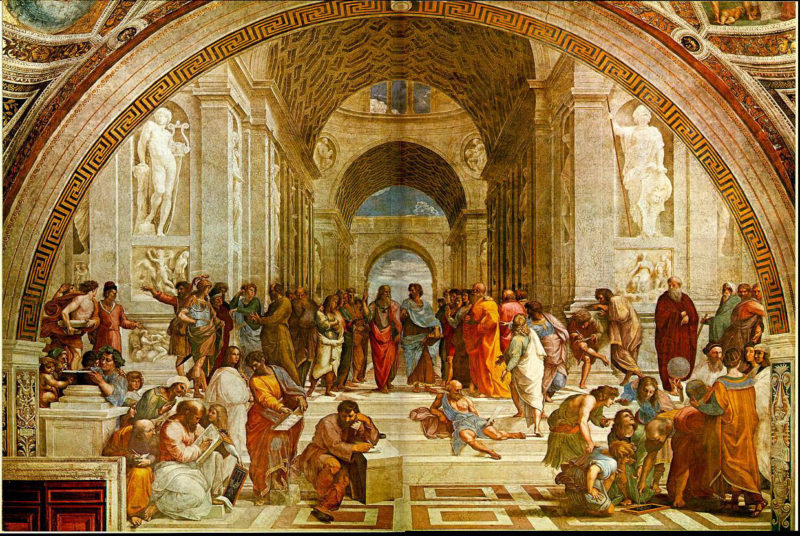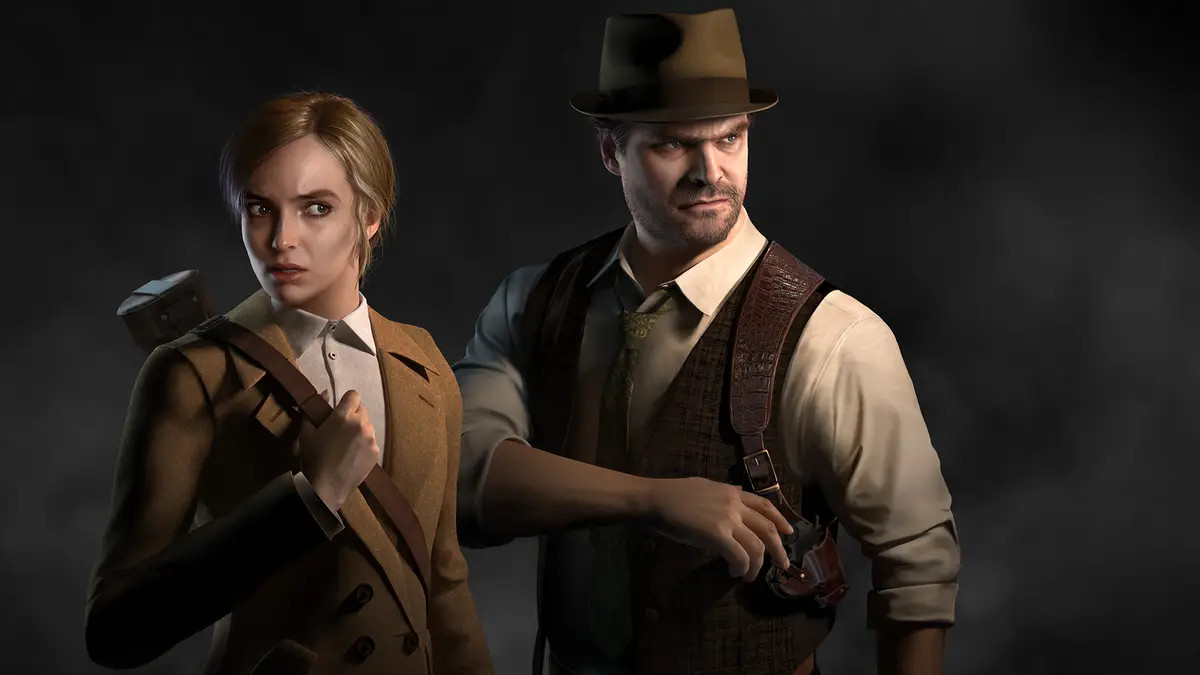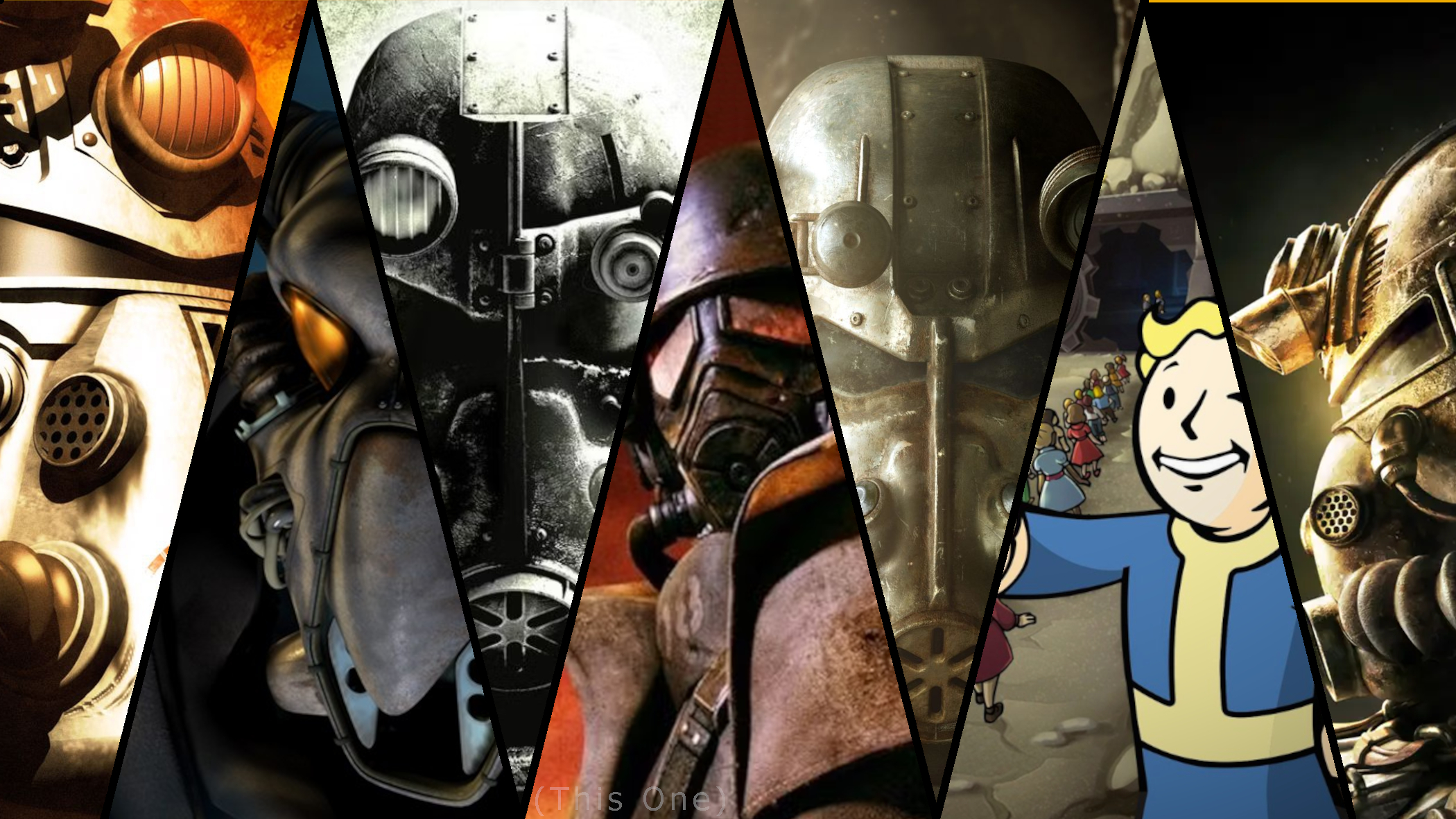Gaming isn’t my passion, philosophy is. While I enjoy a good game, I enjoy thinking about what makes games good more. But some might ask, “What does philosophy have to do with video games?” Elsewhere I’ve written on gaming’s relationship to storytelling and coherence and other worlds. But in this brief article I’ll explore the relationship between philosophy and gaming. I’ll clarify what kind of relationship philosophy and gaming share and demonstrate this relationship through examples of games contributing to ongoing philosophical debates.
WHAT IS PHILOSOPHY?
In philosophy one studies a variety of things. Indeed, one philosopher said philosophy is “thinking hard about life’s biggest questions.” What are those big questions? Essentially, the big questions have to do with what’s real (metaphysics), what’s right and wrong (ethics), what we can know and how we know it (epistemology), and more. To think about these questions, philosophers, or those who habitually posture themselves to seek answers to these questions, use logic, sense experience, and other intellectual tools. All this in the hopes that their answers will more accurately and beautifully reflect the truth about the world in which they live.
In sum, philosophy is thinking hard about life’s biggest questions for the purpose of finding and cherishing truth.

GAMING AND “THE BIG QUESTIONS”
Ethics
So, what’s gaming got to do these big questions? First, and perhaps most obviously, some games touch quite a bit on questions of right and wrong actions and the consequences thereof. Some examples of such games would be the Fable series and some of the Grand Theft Auto series. Both series’ place the player in various ethical conundrums, which will met out certain consequences depending what the player chooses. Should I kill the criminal to get $50? Or should I spare him? Consequently, most games revolving around ethics and side-choosing presume that the choices one makes actually influence, if not determine, the kind of person one becomes. So, gaming reinforces some of the major questions of ethics that many philosophers puzzle over.
Free Will
Second, some games, perhaps less obviously, play with the notion of choice and free will. If some games play with the notion that choices inform our character, other games play with the notion of whether we choose anything. Are we free to choose between options without outside coercion? Or do nature and our past determine our present and future? One game that illustrates this struggle of choice is The Stanley Parable. Will Stanley choose the red door or blue door? The narrator says he’ll choose the red door. But will he? Must he? Philosophic overtones hum throughout Stanley Parable, and Stanley’s parable resembles one of the many big questions we all ask ourselves at some point.

Religion
Lastly, some games presume and portray an image of God. In addition to questions of ethics and freedom, philosophers also ask questions about God. Who, or what, is he? Does he exist? If so, is he personally involved with anything he’s made? Or does he leave it alone? God figures pervade many games, and some games contain explicit religious overtones (ex. Final Fantasy XII and XIII). Whether one’s mission is to further God’s mission or destroy God, almost any game that contains an omniscient, omnipotent, creator of the universe usually has in mind some notion of God. Because of this, gamers are introduced to philosophy of religion, or questions about God, his nature, and how he interacts with his creation.
CONCLUSION
In sum, gaming and philosophy are related. Their relationship is both an inductive and informative one. Gaming, then, is not a separate activity from pursuing truth. In fact, games reflect philosophy. As such, most players are initiated, if unwitting, philosophers.








